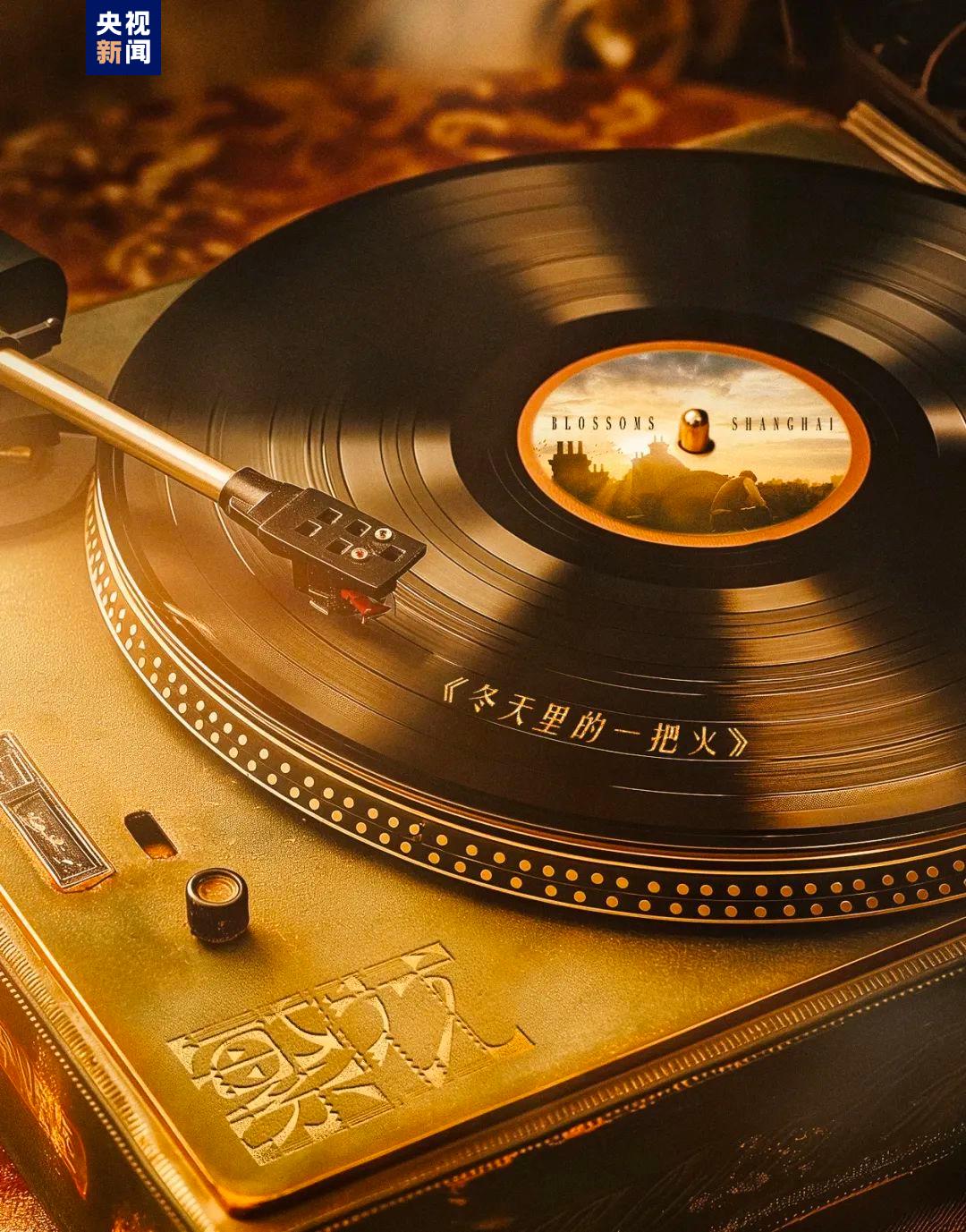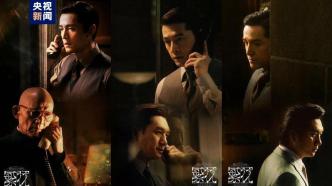
The drama "Flowers", which is being broadcast on the CCTV TV Drama Channel (CCTV-8) during the New Year's Eve, adds a gorgeous and confusing tone to the end of the year and the beginning of the new year.
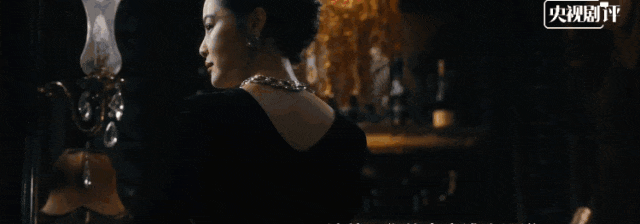
The elegance of the new Shanghai beach trendsetters
Reform and opening up and social transformation are endless topics that have created countless stories of the era that are closest to us. Through each vivid character, we have constructed a variety of collective memories and regional customs, including "Big River" In the Song Dynasty, Yunhui and Lei Dongbao bravely traveled across the sea, and the fate of Zhou Bingkun, a state-owned factory worker in Northeast China, was ups and downs in "The Human World".
This time "Flowers" brings us the story of Shanghai - including Mr. Bao, Lingzi, Ms. Wang, the proprietresses of Huanghe Road "Li Li" and "Ms. Fan", the turbulent business wars of the trend-setting people of the era, as well as their Experience, pain and growth.
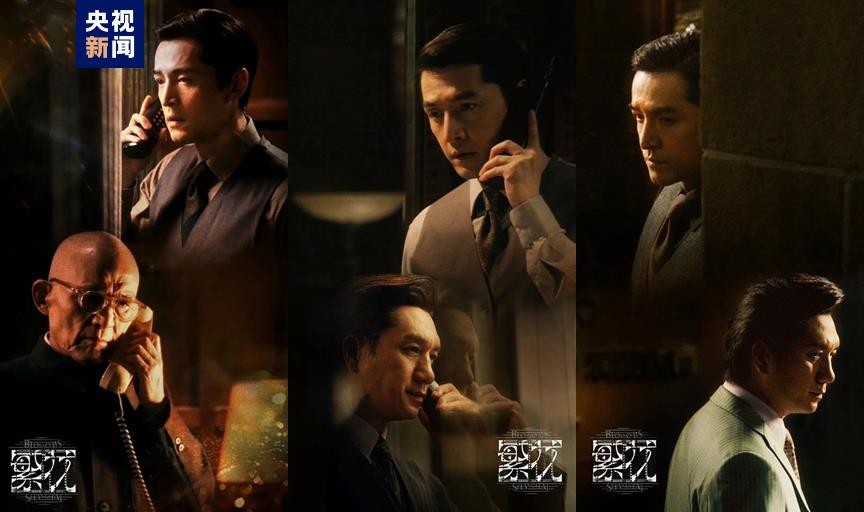
Reform and opening up, Shanghai's long-standing and strong economic genes, customs and humanities are the background for the characters' activities.
Shanghainese were the first to feel the trend of the times, trading stocks, doing foreign trade, building domestic clothing brands, opening restaurants, doing business from state-owned units... The craziness of stock trading, love and human nature cannot resist the temptation of money, and the movie "Stock Crazy" (Pan Hong) , starring Liu Qingyun) have a subtle intertextual relationship; the stock market business war in "Flowers" has become more dangerous due to illegal speculation by institutions, and the original intention and determination in the ups and downs of the business world make the business war not just a competition of money and strength.
The business war drama is the skeleton of "Flowers".
The plots of Sanyang brand T-shirts selling like hotcakes, the landlady bosses on Huanghe Road teaming up to squeeze out Li Li's Zhizhen Garden, the boss and the powerful boss on the stock market trying to show off their tactics are smooth, full and exciting. These prove that director Wong Kar-wai is not only a master of tone creation, but also a master of screen storytelling.
The series doesn’t stop at business wars.
Amidst the turmoil, "Flowers" recounts the trivial fireworks in the Shanghai city, which also lays the foundation for the whole drama to be delicate and warm.
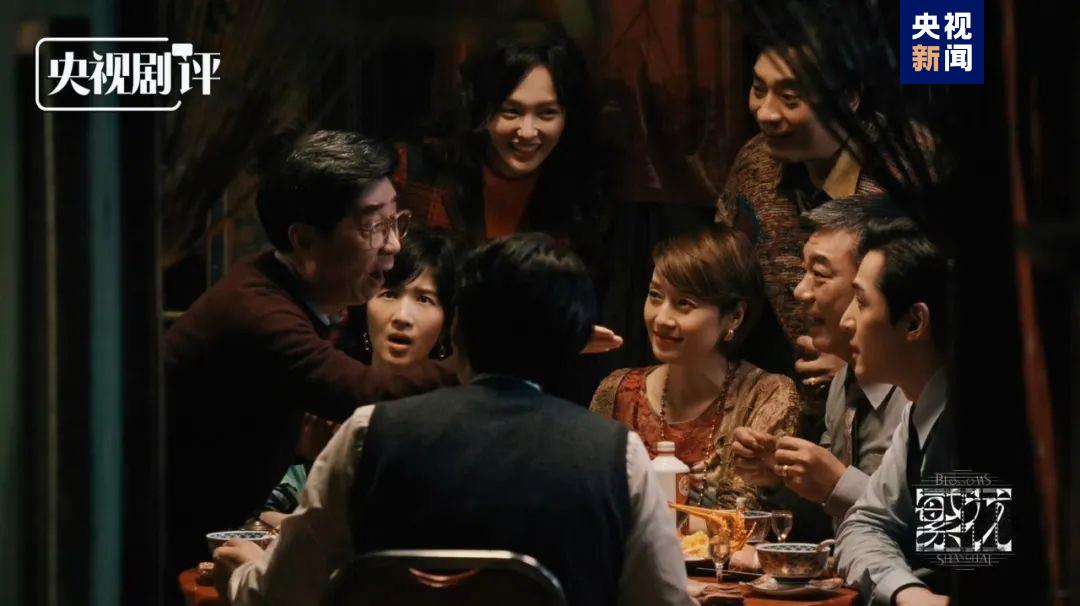
In the Tokyo restaurant at night, several diners, Mr. Ge, Ling Hong, and Tao Tao, and the proprietress Lingzi were chattering noisily. From A Bao to Bao, there was always a myth of soaring to the sky, and there were also people in suits and ties eating rice.
After being hit, he treated others kindly, got along with his uncle and little brother Tao Tao, and led Xiao Lehui's old friends to make money in the stock market. What was inadvertently revealed was Mr. Bao's warm kindness.
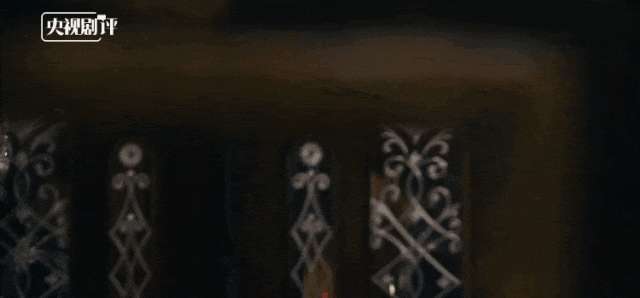
The introspection and growth of Mr. Bao’s confidante Lingzi and Miss Wang have a touching impact:
Reiko's emotional pain and excitement are tortuously displayed on the old walls and old furniture that were smashed and discarded during the renovation of the Night Tokyo restaurant; when Miss Wang encountered setbacks in her love career at the same time, she loudly shouted "I am my own dock."
The narrative of "Flowers" is carefully crafted and the writing is frugal and restrained. A lot of content can easily be covered in multiple episodes, and it is never overshadowed by sideways and sideways. The rhythm of the whole story is tight and powerful.

Sentiment and sorrow are the core of the emotional line of "Flowers".
While the speeding train of the times has created the myth of wealth, it is also destroying the innocence of classical love. In film and television works, people walking to higher places are everywhere, such as "Good Morning, Beijing" and "See You or Be Parted". , the TV series "The Empty Mirror" and "Ten Years of Marriage"... were once one of the keynotes of emotional narratives in the reform era.
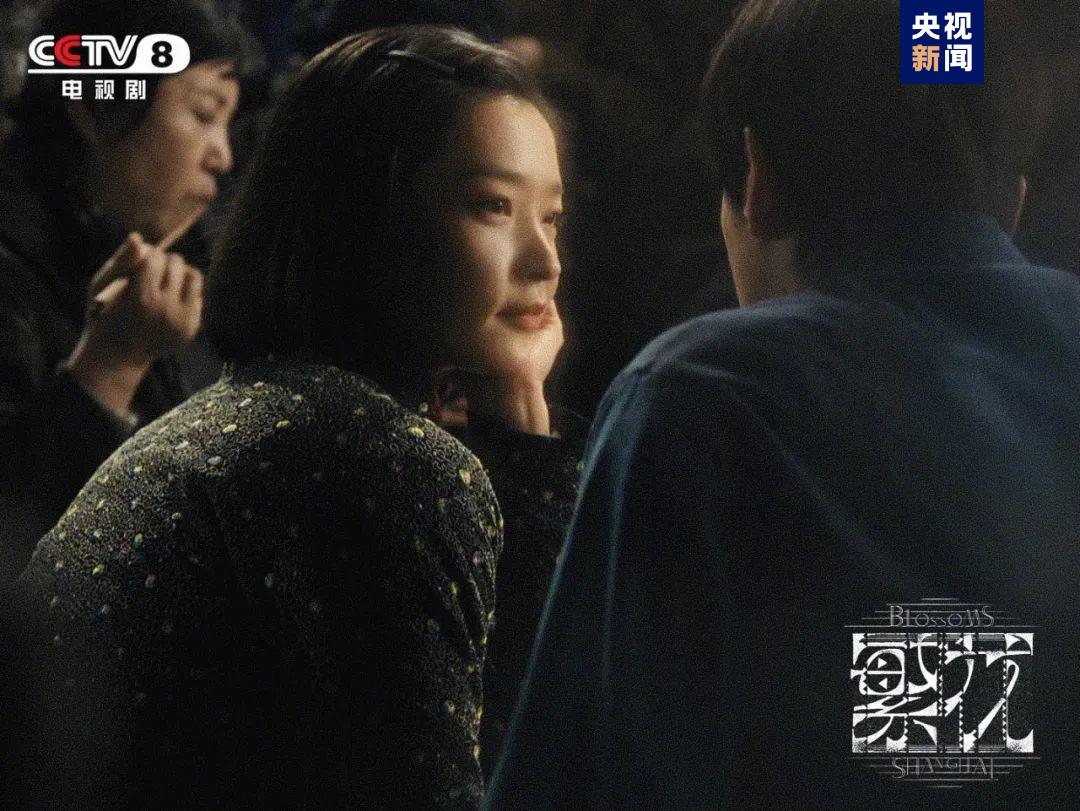
"Flowers" here transcends the excessive moral judgment of emotional stories of that period and presents a richer complexity of human nature:
Maybe men and women have different expectations for emotions when they get along, just like Mr. Bao and Reiko;
Perhaps wealth and love bring passion and happiness to people, and they are inherently homologous and similar. It is natural that it is difficult to have both, or that one should be concerned about one and the other at the expense of the other;
Or maybe the ability to love is inherently related to an individual's certainty and trust in the world and others. The external world is difficult to grasp, and it is normal to retreat into one's own little world, but it is not easy either.
The choice of bread and roses is a must-answer question for men and women in every age. It is also a modern question that is closest to individual life experience.
This also makes the emotional narrative of "Flowers" more commensurable - it also has emotional enlightenment for current audiences across the ages.
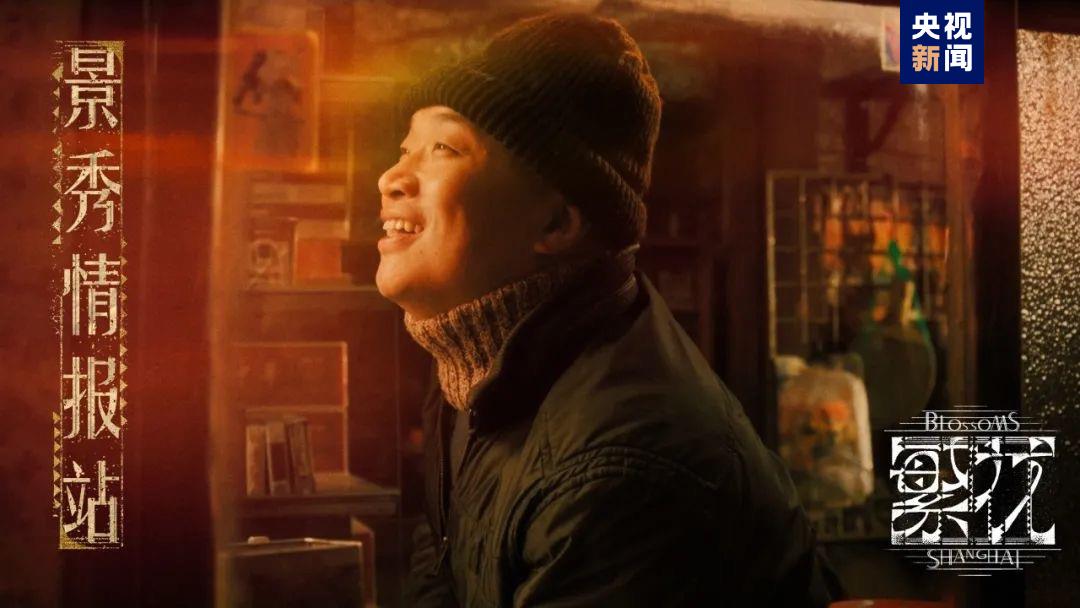
The name of the small cigarette shop in the play is changed from "Jingxiu" to "Passenger", just like the blooming flowers and the deep love.
The vendors, like spectators, have a panoramic view of the affairs of the bosses, and also represent the wait-and-see of the creators and the audience outside the screen.
Different from the desolation and compassion of the original work, the TV series presents the openness and warmth of "trees and flowers blooming again".
Wong Kar-wai's Image Temperament and Transcendence
"Flowers" adapts to the ontological requirements of TV drama art, inherits and breaks through the director's image aesthetics.
The work's representation of Shanghai's urban scenery and regional characteristics does not rely on landmark buildings. Although the Oriental Pearl Tower flashes at the end of the play, the prosperity and splendor of Shanghai can be felt everywhere.
The neon lights in front of the Zhenyuan Gate from Huanghe Road are twinkling and blurred, and the restaurants are filled with wine and wine. Doors, windows, and partitions block the light and shadow, creating a perfect atmosphere for the story.

Characters are most expressive under the director's lens.
Like an oil painting, Reiko stood on the roof and stared intently at Abao, full of the manners of a woman in love;
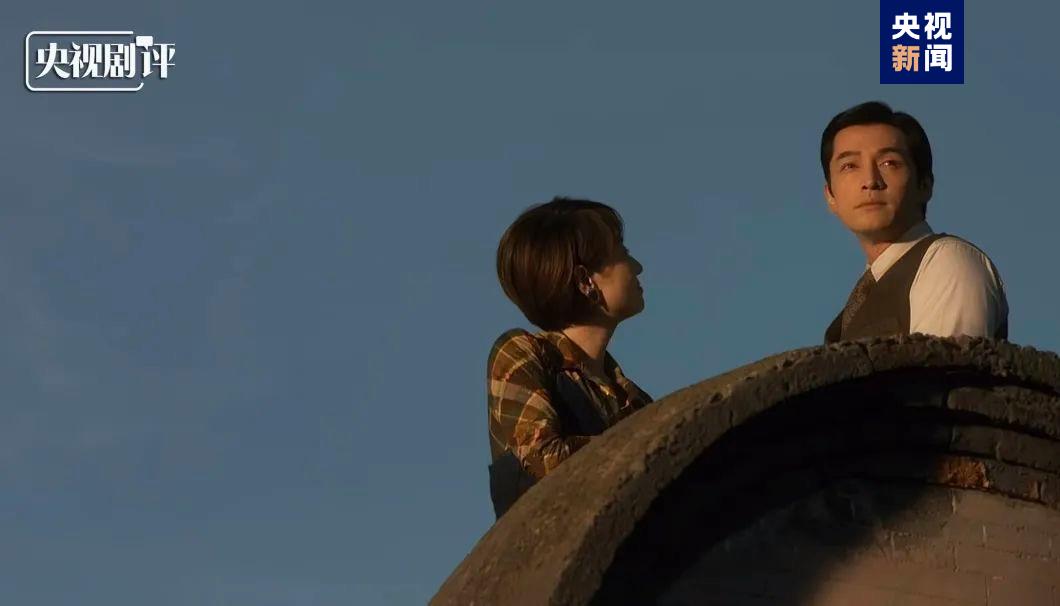
The graceful Li Li is sexy and charming. The soft light hits the side of her face and the back of her neck, giving her a lingering sense of mystery, hinting at her complicated life experience and unpredictable destiny.
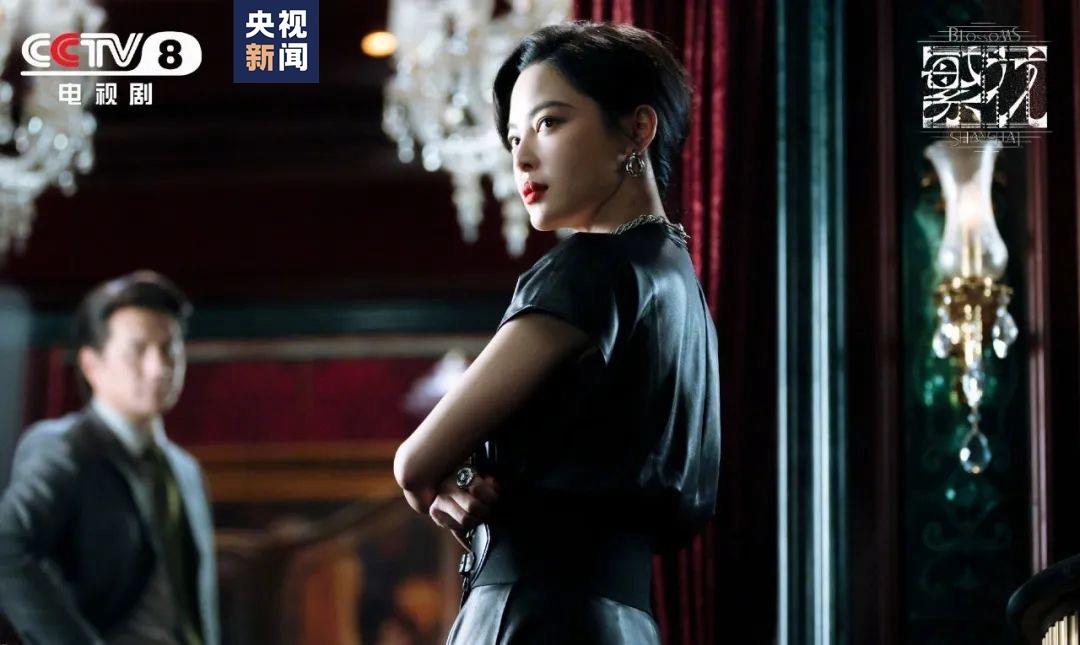
As Mr. Wang Zengqi said, "the atmosphere is the character" - in "Flowers", audio-visual elements such as light, shadow, and color not only create the atmosphere, but also carve the characters, outline the background, and express the mood.
Full of action and movement, each character has his or her own unique tone.
The popular songs and old Cantonese songs in the play embody the sense of time and age, echoing the emotions of the characters and arousing the audience's memories of the past era; in order to avoid a straightforward narrative, the plot occasionally jumps or pauses briefly. , like setting up a mystery, enhancing the drama, and then flashing back to supplement the explanation of the plot and the psychology of the characters.
The TV drama narrative aesthetics and image beauty of "Flowers" are harmonious and balanced. It is a successful application and innovative development of the director's film art. It overcomes the common image squeeze narrative, transcends the embarrassment of form external to content, and completes the TV drama image. A revolutionary improvement in standards.
